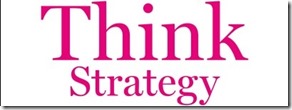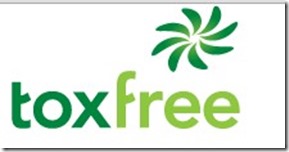More and more Australians are taking the plunge and starting their own home-based businesses. There are currently over 1 million individuals operating a business from home, according to the Australian Bureau of Statistics. This number looks set to grow even larger with the easy availability of website building software.
The best website templates allow new business owners to create a professional ecommerce site from scratch, with little to no prior knowledge of web design. Recently there has been a surge in Real estate Start ups in Australia
However, starting a home business requires more than simply setting up a website. You’ll need to think of legal issues like registering for company names, business licences, and taxation. Using your residence as a place of business will mean that you must comply with all state, territory, and federal government regulations. To get started with this process, it’s best to contact your local council for more information.
At the same time, home business owners in need of a new mortgage may find that they face some unique issues. Applying for a home loan when you are self-employed can involve a completely different process than the usual one for salaried workers. There may be zoning issues that could affect your mortgage, as well as different standards for assessing your income. It’s best to weigh all these issues to finance a home that will be suitable for your business needs as well.
Choosing the Right Live/Work Property
One of the first unique challenges that a home business owner faces is choosing a property that provides adequate room for business needs. If you have just started up a basic ecommerce site using a Shopify website builder, you will most likely only need one spare room. However, those who plan on meeting with clients could need a full floor of the home. This could also impact your mortgage rates if a significant percentage of the property is used for commercial purposes. The exact percentage will depend on the lender.
How Lenders Assess your Finances
Every lender uses its own methods for assessing your income. In most cases they’ll look at your income using one of three basic methods.
1. Using the most recent year’s income – Although most lenders will use an average over a greater time period, some will only look at earnings from the past year to assess your income.
2. Using the average income from the past two years – Calculating the average income from the past two financial years gives lenders a well-rounded picture of your self-employed earnings.
3. Using the lowest income out of the past two years – If the most recent year’s income is lower than the previous year’s, it may worry a lender who will assume that this downward path could continue into the future. In this circumstance, they may use the lower figure out of the two years as the basis of their assessment.
To assess your earnings from a home-based business, lenders will look at your most recent tax returns as well as other expenses and financial information. Income from other sources, such as rental income, will usually be deducted from the figure that is scrutinized.
Low Document Loans
If you’re unable to find a lender who will help finance a mortgage using traditional methods like tax returns, you may qualify for a low doc home loan. These are available to home business owners who don’t have adequate financial proof available to satisfy income requirements. However, they usually require a higher down payment of at least 20% of the purchase price, and incur higher interest rates than traditional mortgages.
















